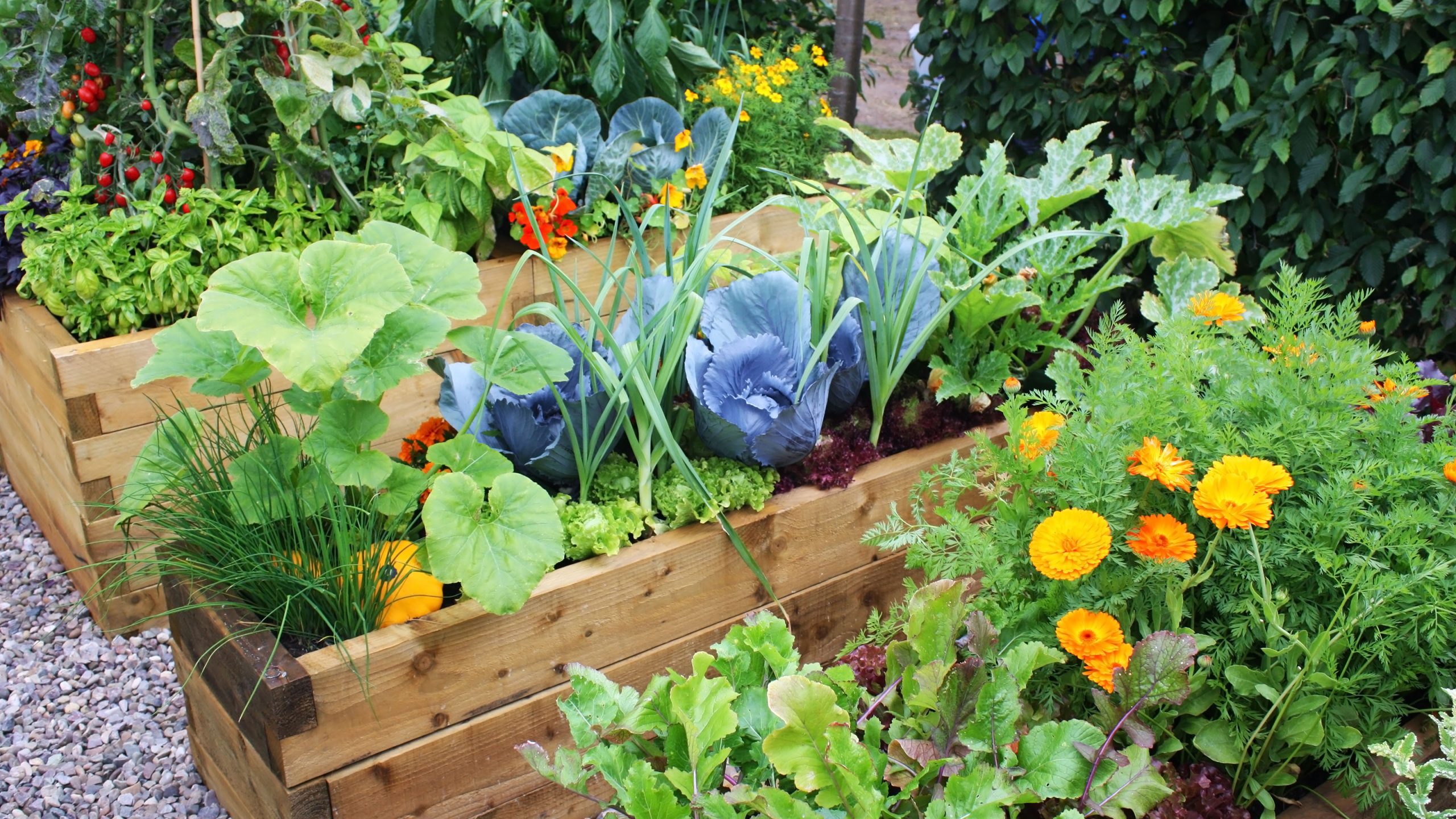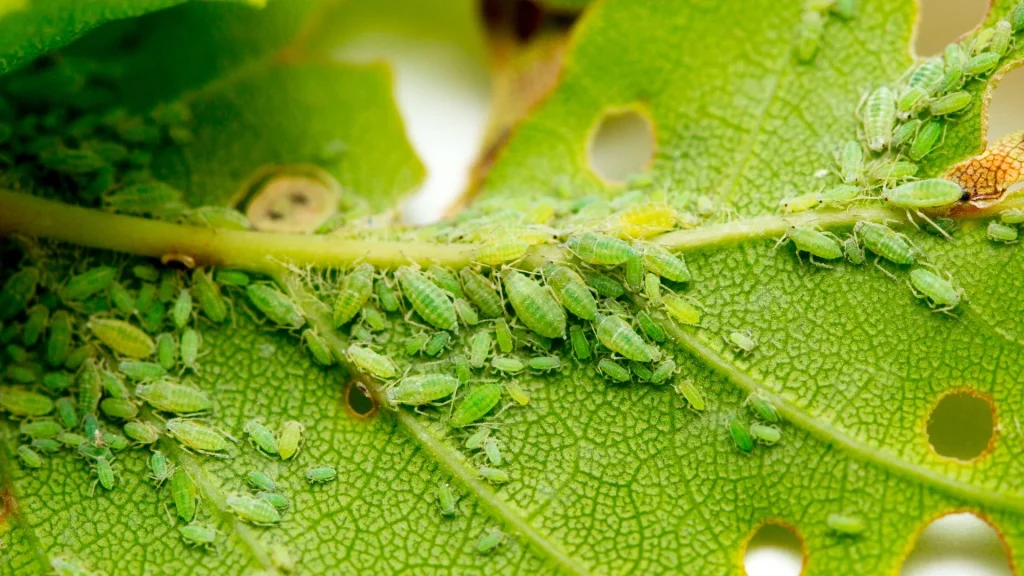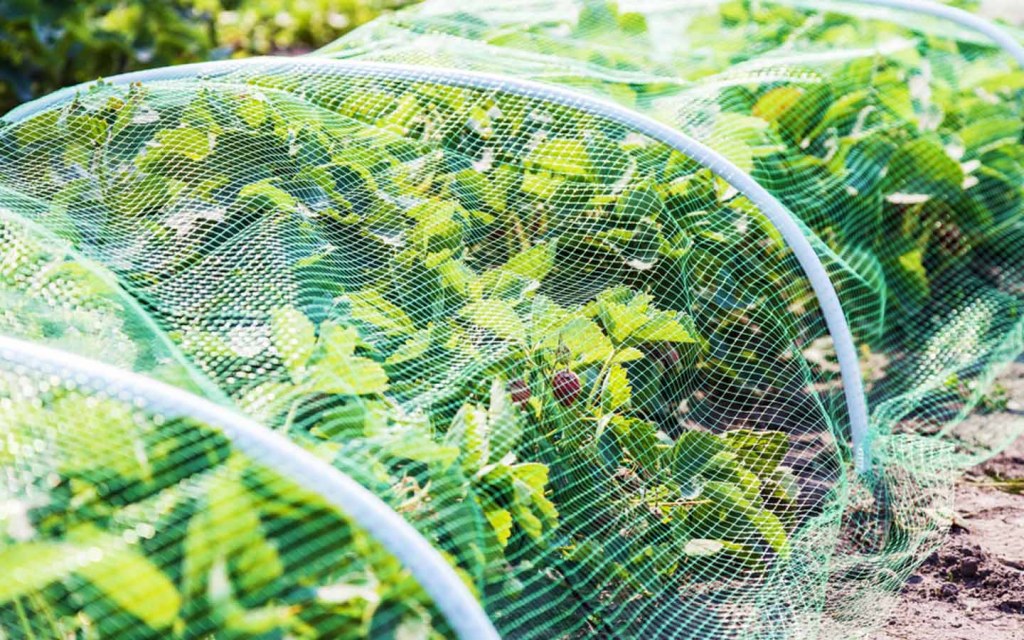
Pests are a common problem for homeowners and gardeners alike. From ants in the kitchen to mosquitoes in the backyard, these tiny invaders can be more than just a nuisance—they can threaten health, damage property, and disrupt daily life. While chemical pesticides are widely available, they often come with harmful side effects for humans, pets, and the environment. Fortunately, there are numerous natural methods to keep pests at bay effectively and safely. This article explores practical strategies for pest control without relying on harsh chemicals.
1. Maintain Cleanliness and Hygiene

One of the simplest and most effective ways to prevent pests is by maintaining a clean environment. Crumbs, spills, and food residues attract ants, cockroaches, and rodents. Regularly cleaning kitchen surfaces, sweeping floors, and promptly washing dishes can significantly reduce pest problems. Additionally, storing food in sealed containers and keeping garbage bins covered prevents pests from accessing potential food sources. For gardens, removing fallen fruits and leaves helps reduce breeding grounds for insects.
2. Use Natural Repellents
Many common herbs and essential oils naturally repel pests. For example, peppermint, lavender, and eucalyptus oils deter spiders, mosquitoes, and flies. Mixing a few drops of essential oil with water and spraying it around windows, doors, and corners can act as a natural barrier. Similarly, planting pest-repelling herbs like basil, rosemary, and mint in your garden or near entrances can keep insects at bay. Citrus peels, garlic, and onion slices are also effective in repelling ants and certain beetles.
3. Encourage Beneficial Insects
Not all insects are harmful. Ladybugs, lacewings, and praying mantises are natural predators of aphids, caterpillars, and other garden pests. By creating an environment that attracts these beneficial insects, you can reduce pest populations naturally. Planting nectar-rich flowers and providing small water sources can encourage these helpful species to stay in your garden. This method not only reduces the need for chemical pesticides but also promotes a balanced ecosystem.
4. Create Physical Barriers

Physical barriers are a simple yet highly effective way to keep pests out. Installing mesh screens on windows and doors prevents flies, mosquitoes, and other flying insects from entering the house. For gardens, row covers and netting can protect plants from insects and birds. Additionally, sealing cracks, gaps, and holes in walls, doors, and foundations prevents rodents and insects from finding entry points. Even small gaps can be a gateway for pests, so regular inspection and maintenance are key.
5. Use Natural Deterrents for Rodents
Rodents like mice and rats can be particularly persistent. Natural deterrents such as peppermint oil, cayenne pepper, and dried chili flakes can help keep them away. Placing cotton balls soaked in peppermint oil near suspected entry points or sprinkling chili powder around the garden can discourage rodents from approaching. Additionally, maintaining a clutter-free environment reduces hiding spots for these pests.
6. Employ Homemade Traps
Homemade traps can be an eco-friendly solution for catching and removing pests. For example, a simple mixture of sugar and baking soda can attract and kill ants, while apple cider vinegar traps work well for fruit flies. For mosquitoes, filling shallow containers with water and a few drops of dish soap can trap larvae before they mature. These solutions are not only effective but also safe for households with children and pets.
7. Rotate Crops and Practice Garden Hygiene
For gardeners, rotating crops and maintaining proper garden hygiene is essential. Many pests are attracted to specific plants, and planting the same crop in the same location year after year can increase pest populations. By rotating crops, removing diseased plants, and clearing plant debris, you disrupt the life cycles of pests naturally. Companion planting, such as pairing marigolds with tomatoes, can also deter harmful insects.
Conclusion
Keeping pests away naturally requires a combination of cleanliness, preventive measures, and environmentally friendly deterrents. By integrating essential oils, beneficial insects, physical barriers, and homemade traps, you can protect your home and garden without exposing yourself, your pets, or the planet to toxic chemicals. Natural pest control may take a bit more effort and planning, but the results are long-lasting, sustainable, and safe. Embracing these practices not only keeps pests away but also promotes a healthier, more balanced living environment.
